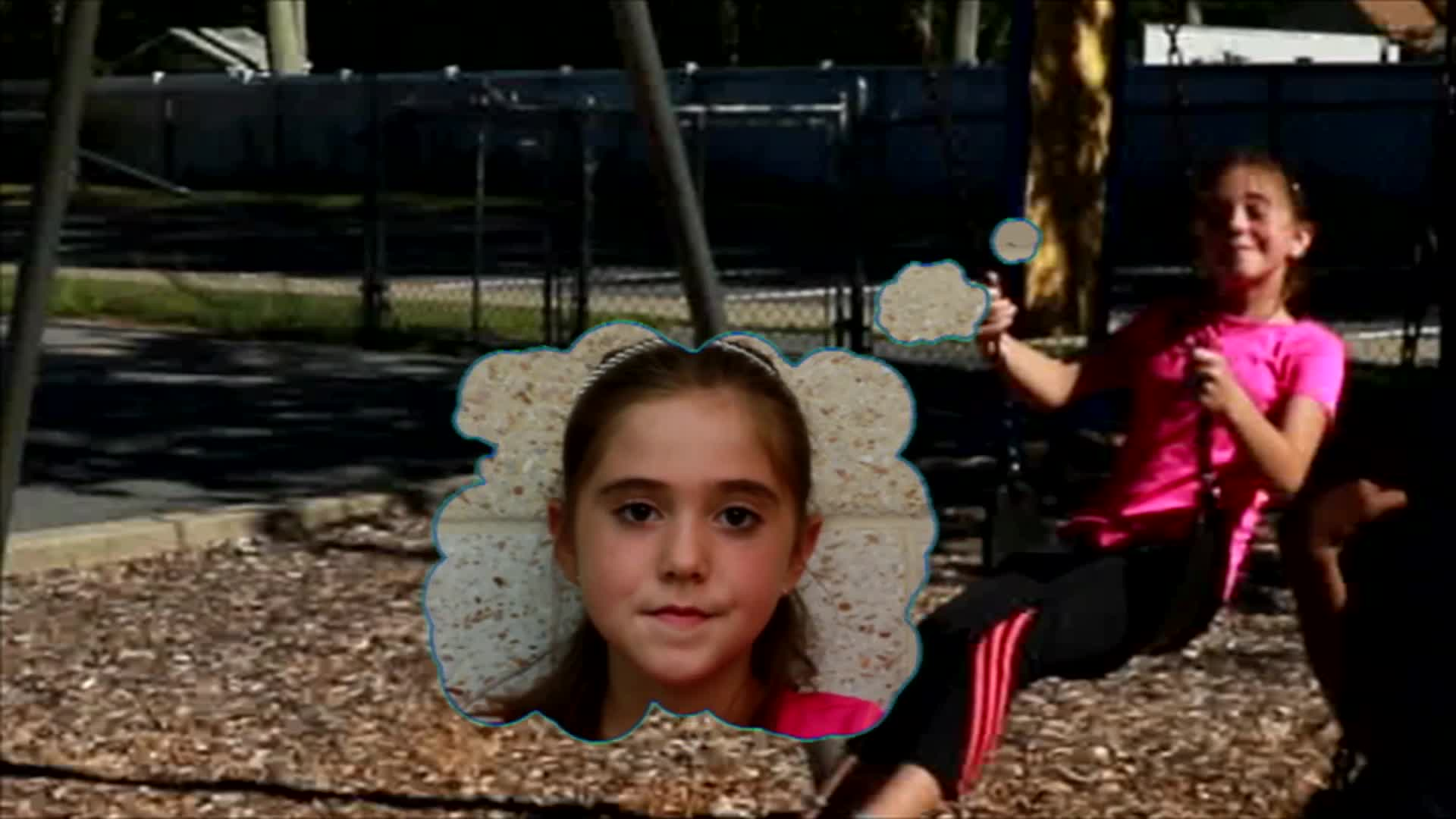
Introduction
Incorporating principles of Social-Emotional Learning in our classrooms is essential, especially when working with students in Special Education. One crucial skill to instill in our students is the concept of fairness in friendships. Being fair means treating others the way we would want to be treated, regardless of the situation. Teaching students to be kind, helpful, and fair to each other is vital in developing healthy relationships and fostering a positive classroom environment.
No-Prep Activity
This activity requires no preparation or materials from the educator, making it easy to implement in the classroom. The activity revolves around a simple role-playing scenario:
- Divide the class into small groups of 3-4 students.
- Present a situation similar to the one provided in the prompt: a student waiting for their turn at the swings and another student taking their turn without asking.
- Allow each group to discuss how they would react to the situation, focusing on the importance of fairness and empathy.
- Encourage the students to role-play the scenario, taking turns playing different roles (e.g., the student waiting, the student taking the turn, and a bystander).
- After the role-play, have a group discussion on how the students felt in each role and the importance of being fair and considerate in friendships.
Discussion Questions
To stimulate further discussions about fairness and friendship, consider asking the following questions:
- Why is it important to treat our friends fairly?
- How can we show our friends that we care about their feelings and needs?
- What are some ways we can practice fairness in our daily lives?
- How can we handle situations where we feel that we or someone else is being treated unfairly?
- What are some qualities of a good friend?
Related Skills
Beyond fairness in friendships, there are other relevant skills that students in Special Education can benefit from learning. These skills include:
- Empathy: Understanding and sharing the feelings of others.
- Active Listening: Paying full attention to others when they are speaking, allowing them to feel heard and understood.
- Conflict Resolution: Learning how to resolve disagreements and misunderstandings in a peaceful and constructive manner.
- Cooperation: Working together with others to achieve a common goal.
- Respect: Treating others with kindness, consideration, and dignity.
Next Steps
Now that you understand the importance of teaching fairness and friendship skills to students in Special Education, it’s time to take the next step in your teaching journey. To access free samples of lessons and activities that focus on these skills and others, sign up at Everyday Speech. By incorporating these valuable resources into your classroom, you’ll be better equipped to support your students’ social-emotional development and foster a positive learning environment for all.

